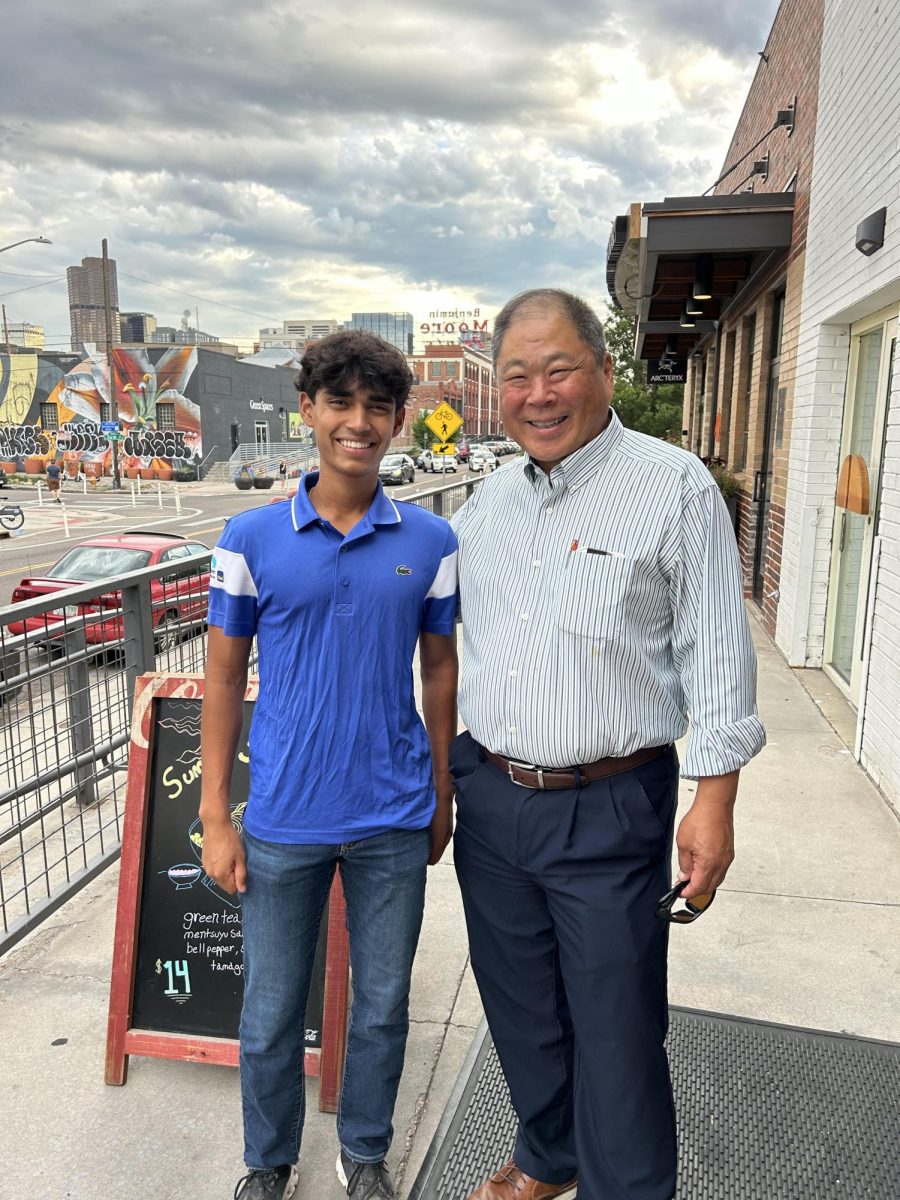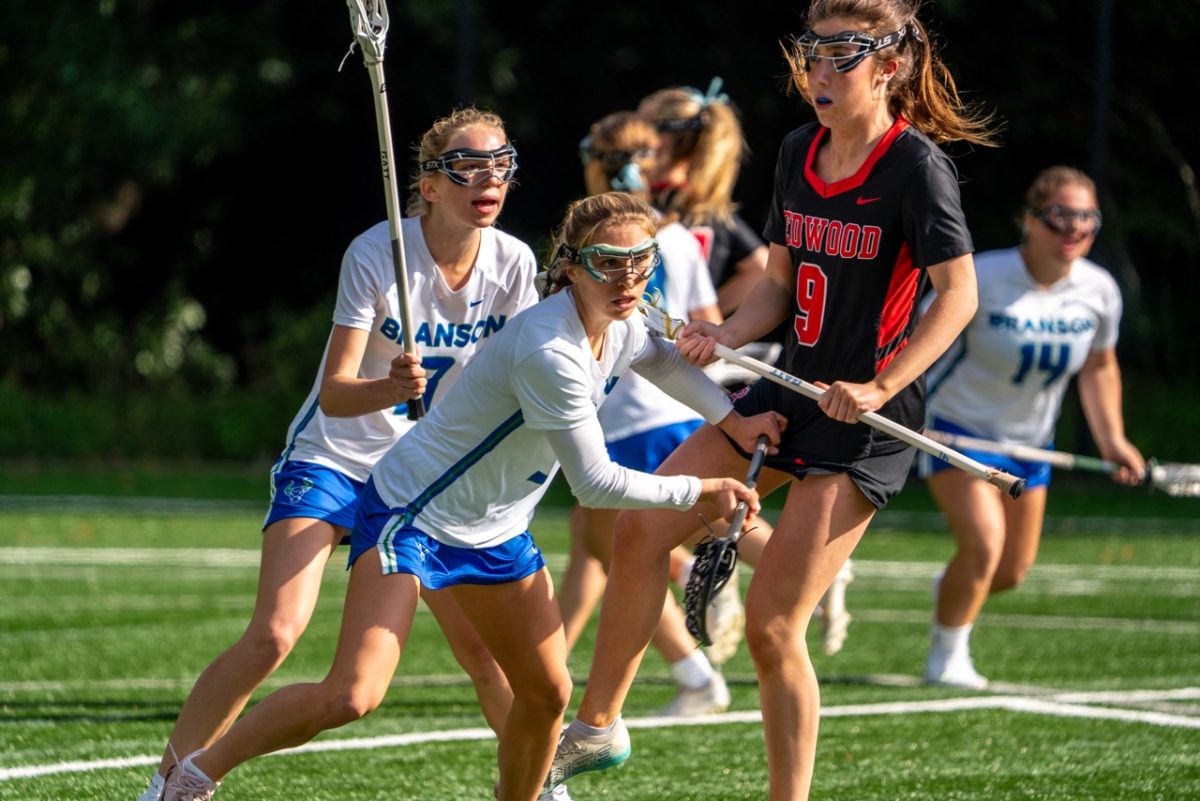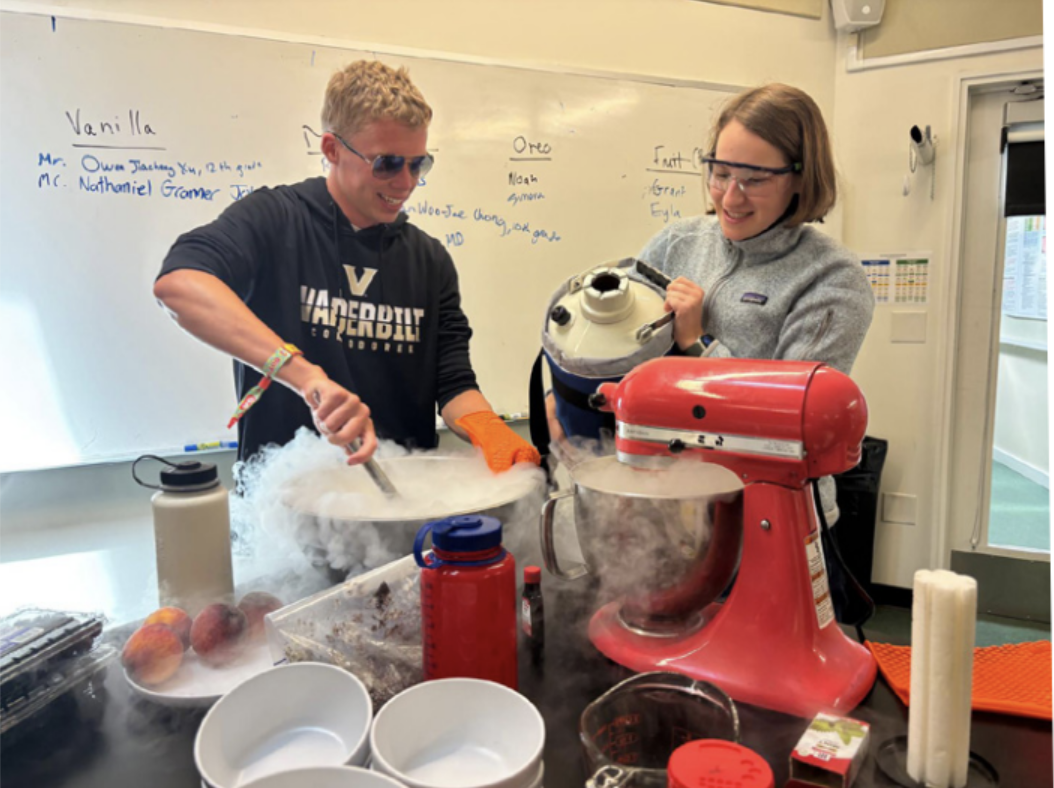This past summer, Ishwar Jayaraman ‘25 embarked on a transformative journey through his junior fellowship, blending groundbreaking medical research with personal experience. His project took him to Denver, where he collaborated with EnteroTrack, a company at the forefront of innovative gastrointestinal diagnostic tools.
The focus of Jayaraman’s fellowship, the In Pursuit of Science Scholarship, was the EnteroTracker, a device designed to collect samples from the GI tract using a swallowed string. Unlike traditional upper endoscopies — which require sedation and significant medical staffing — the EnteroTracker offers a minimally invasive and cost-effective alternative for diagnosing conditions or evaluating gut health.
“The most meaningful part of my fellowship was seeing that this device is viable and has the potential to replace procedures that are much more invasive,” Jayaraman said. “It reduces both the invasiveness and cost for patients who need this care.”
For Jayaraman, the project was deeply personal. Having been diagnosed with eosinophilic esophagitis, a chronic allergic condition affecting the esophagus, he has undergone numerous upper endoscopies throughout his life. The chance to work on a device that could improve the diagnostic process for patients like himself was particularly fulfilling.
“My own experiences inspired me to pursue this project,” Jayaraman said. “I wanted to make an impact on something close to home.”
Jayaraman’s mentor was a physician he had known since childhood. Dr. Glenn Furuta had treated Jayaraman in Denver until he was 10 years old. Reconnecting with his doctor allowed Jayaraman to gain insight into the clinical aspects of medicine and the research process.
“He was a great mentor,” Jayaraman said. “He helped me understand what it’s like to be a physician who not only treats patients but also contributes to medical research.”
During the project, Jayaraman delved into the technical aspects of the EnteroTracker. He explained how the device’s multifiber string brushes against the mucosal layers of the GI tract, collecting samples for analysis. Remarkably, the string is able to preserve the integrity of the collected biomarkers, ensuring accurate results.
His findings revealed that the device could effectively collect samples from different parts of the GI tract. Interestingly, the string demonstrated higher sample density in the esophagus compared to the stomach — a result Jayaraman attributes to the stomach’s more open structure.
Although the research paper detailing the EnteroTracker is still in progress, Jayaraman hopes it will be published by this spring. Looking toward the future, he plans to major in biomedical engineering, with aspirations to continue advancing medical device technology.





